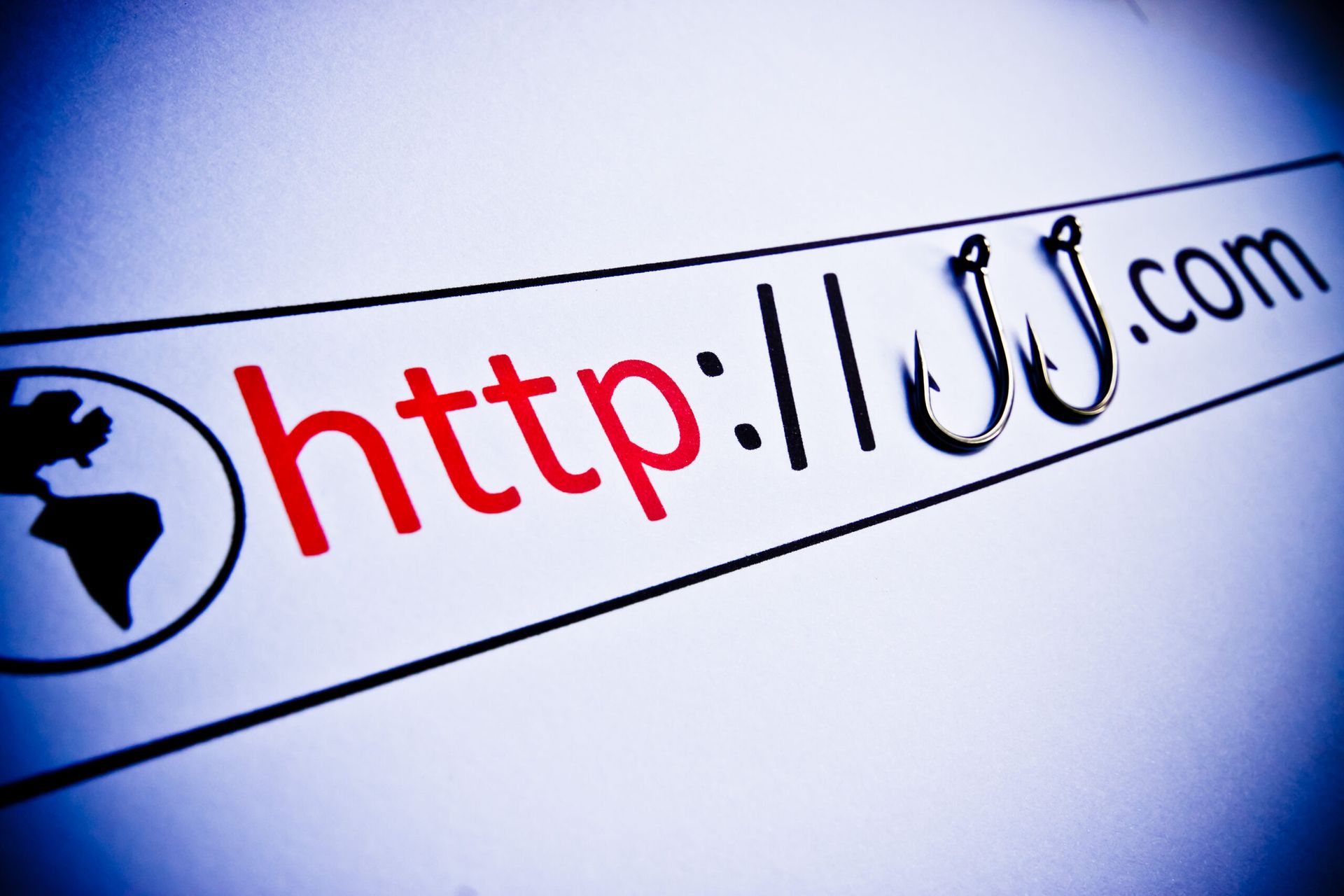Coronavirus-related email phishing attacks have spiked 667 percent since March 1, sparked by opportunistic hackers capitalizing on widespread fear and uncertainty surrounding the contagion, a new threat intelligence report said.
Cyber creeps are using Covid-19 information to target and trick people into opening malicious documents or clicking on malignant links, Fleming Shi, Barracuda’s chief technology officer, said in a blog post. While the number of coronavirus themed phishing attacks is still relatively low compared to other threats, the uptick in incidents isn’t, according to Barracuda's figures. As is with pedestrian phishing infections, the Covid-19 cyber attackers are looking to distribute malware, steal credentials, and scam users out of money.
So far this month, Barracuda has found 500,000 phishing attacks, 9,000 of which are Covid-19 associated. By comparison, in February Barracuda found 1,200 such forays and in January located 140 incidents. Of the coronavirus-related attacks detected by Barracuda researchers, 54 percent were scams, 34 percent were brand impersonation attacks, 11 percent were blackmail, and 1 percent were business email compromise.
“Although the overall number of these attacks is still low compared to other threats, the threat is growing quickly,” Shi wrote.
Other examples of security defenders’ antennae rising over Covid-19 associated cyber attacks are surfacing. The Federal Bureau of Investigation recently issued a bulletin on an expected rise in Covid-19 phishing attacks. Last month, World Health Organization (WHO) officials posted an alert that hackers are impersonating the agency to steal money and confidential information. And, word surfaced last week that a hacking crew, perhaps the notorious DarkHotel, has repeatedly tried to break into the WHO’s network.
The nature of the Covid-19 attacks may be changing already, Shi wrote. In the past few days, the anti-threat specialist has seen a “significant number” of blackmail assaults and a “few instances” of conversation hijacking, a shift from what has been mostly scams. “We expect to see this trend toward more sophisticated attacks continue,” he said.
Malevolent hackers are also preying on people’s emotions connected to Covid-19, such as claiming to have access to personal information about the victim, knowing their whereabouts, and threatening to infect the victim and their family with coronavirus unless a ransom was paid. Another scam caught by Barracuda claims to be from the World Health Community (which doesn’t exist), asking for donations to a Bitcoin wallet provided in the email.
“While phishing emails leveraging coronavirus are new, the same precautions for email security still apply,” Shi wrote. Along those lines, Barracuda’s got a few tips to keep users safe from email phishing scams:
- Anti-malware and anti-phishing solutions can help prevent malicious emails and payloads from reaching intended recipients, but users should still be wary of any emails attempting to convince them to open attachments or click on links.
- While receiving coronavirus-related emails from legitimate distribution lists is common, emails from organizations that you do not regularly receive messages from should be scrutinized closely.
- Brand impersonation is prevalent in coronavirus-related email attacks, so use caution opening emails from organizations you expect to hear from.
- Asking for donations to help those affected by the pandemic is a common tactic. To avoid falling victim to one of these attacks, don’t respond to email requests for donations.
Last week, more than 400 cybersecurity experts formed a cyber threat intelligence group to help organizations combat cyberattacks during the coronavirus pandemic.




